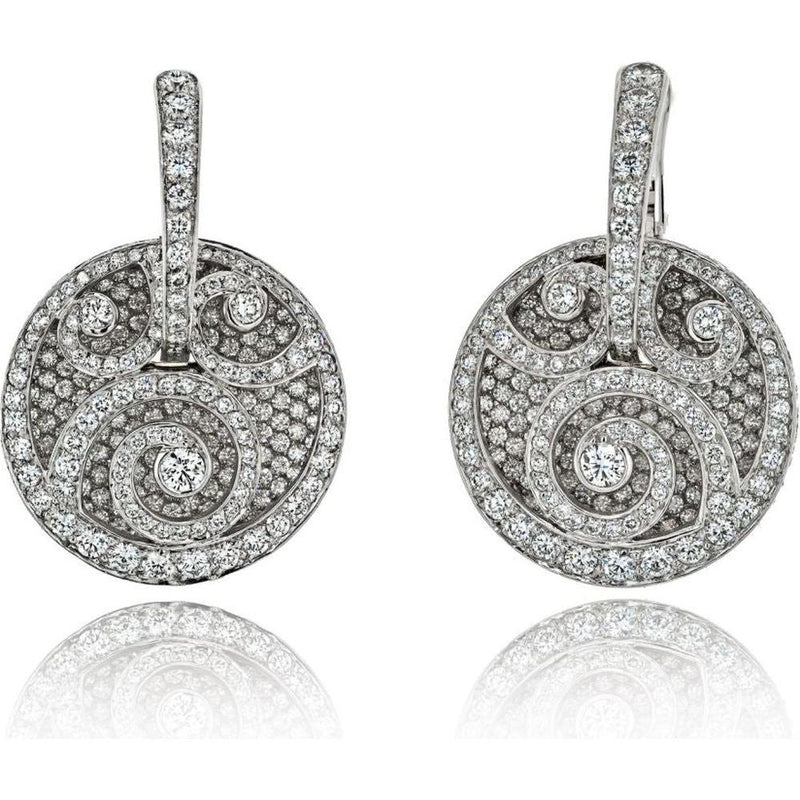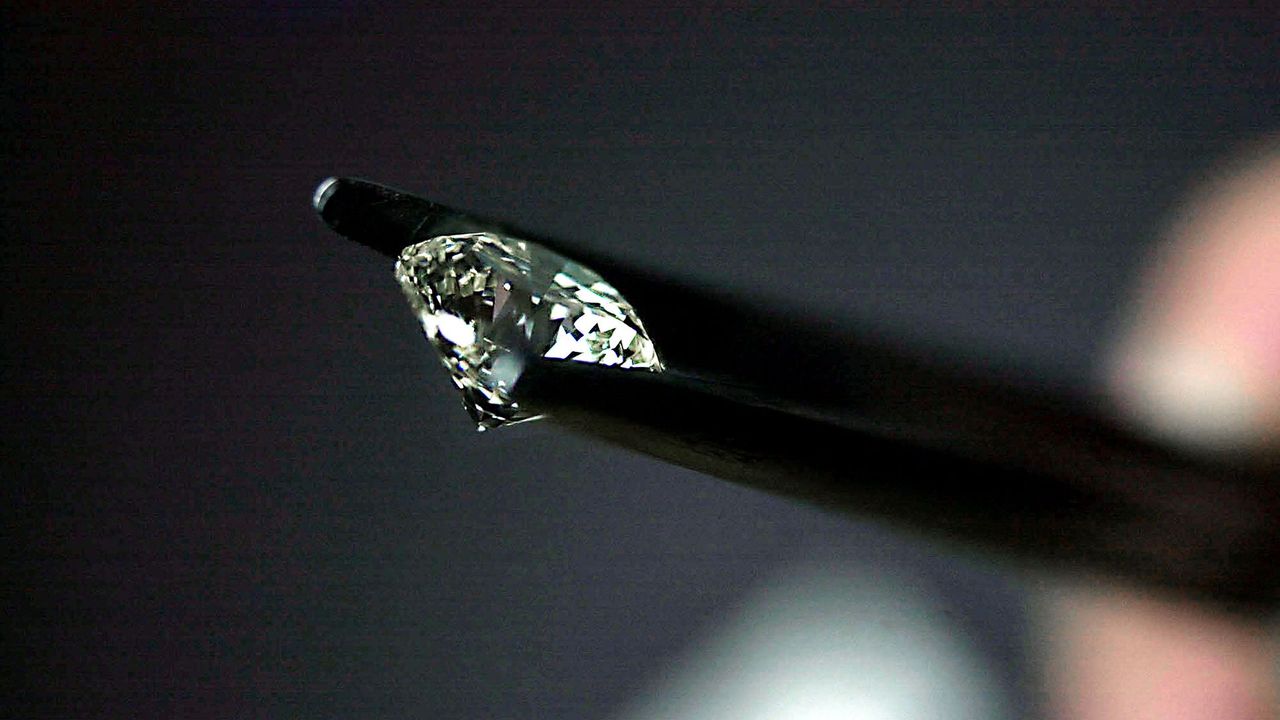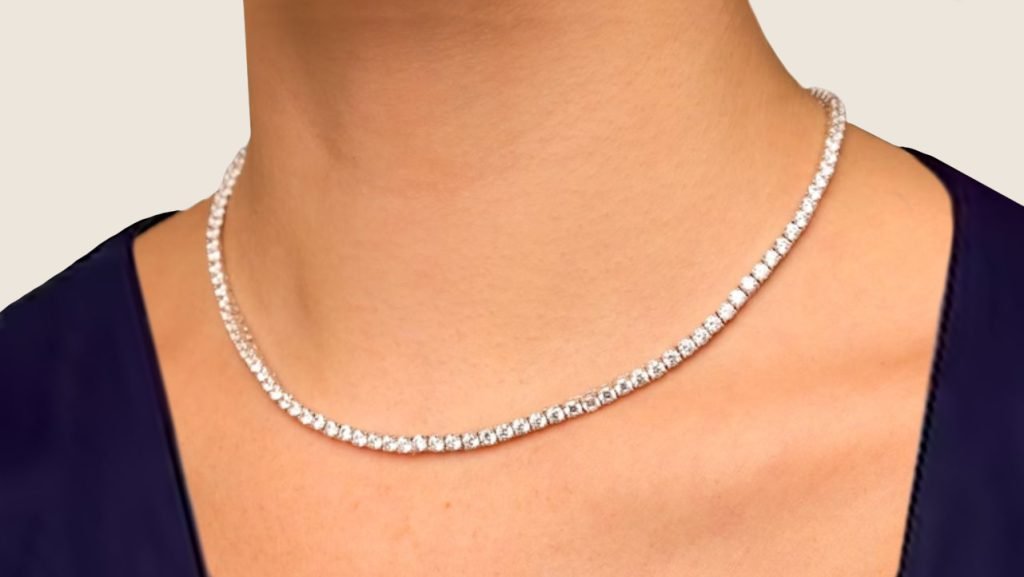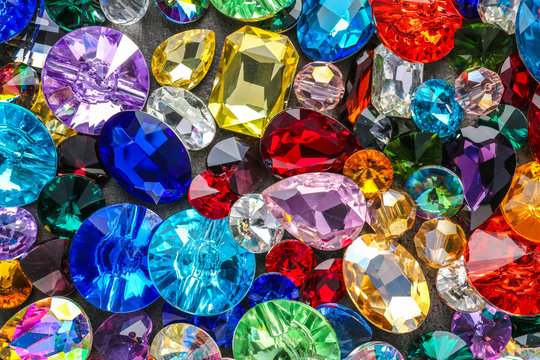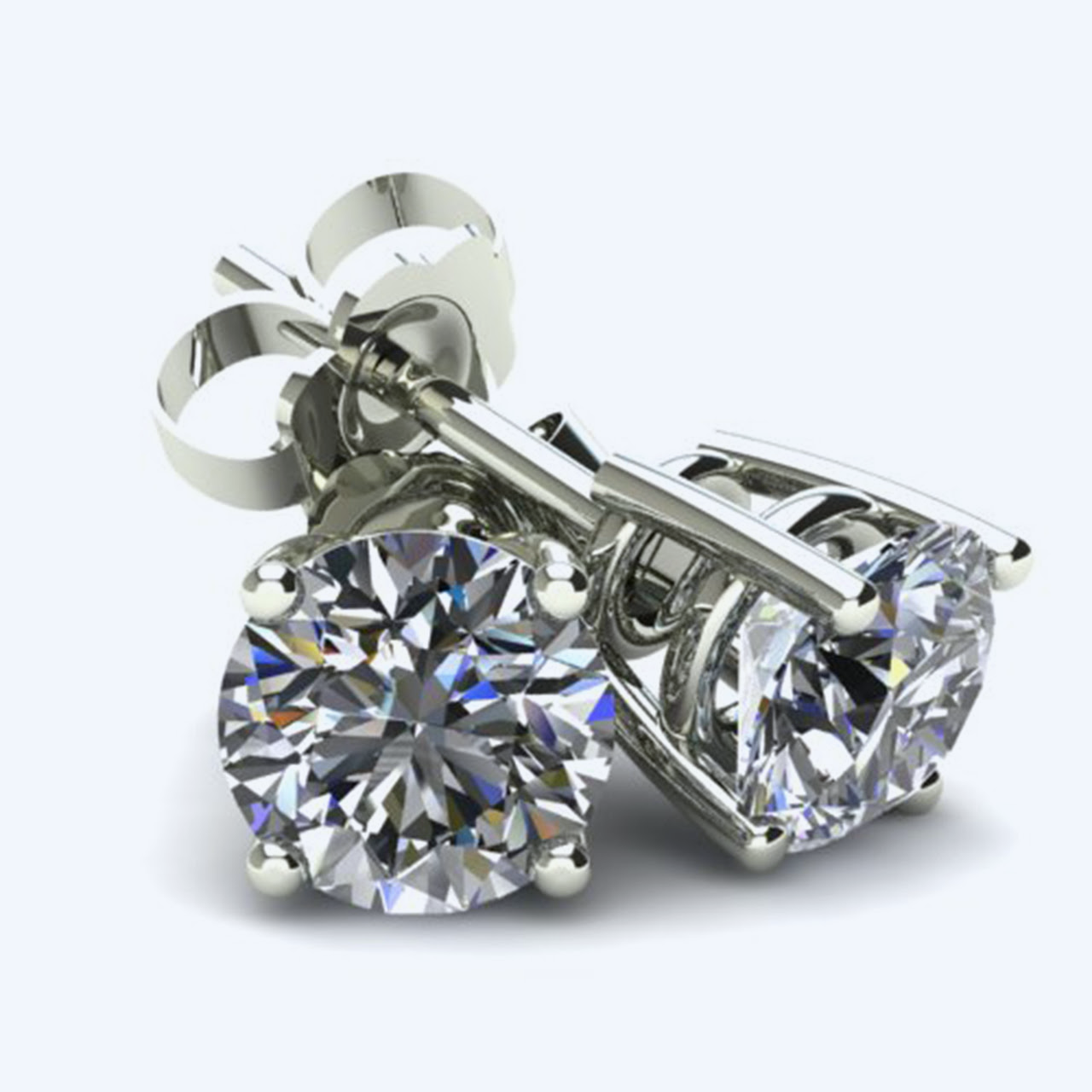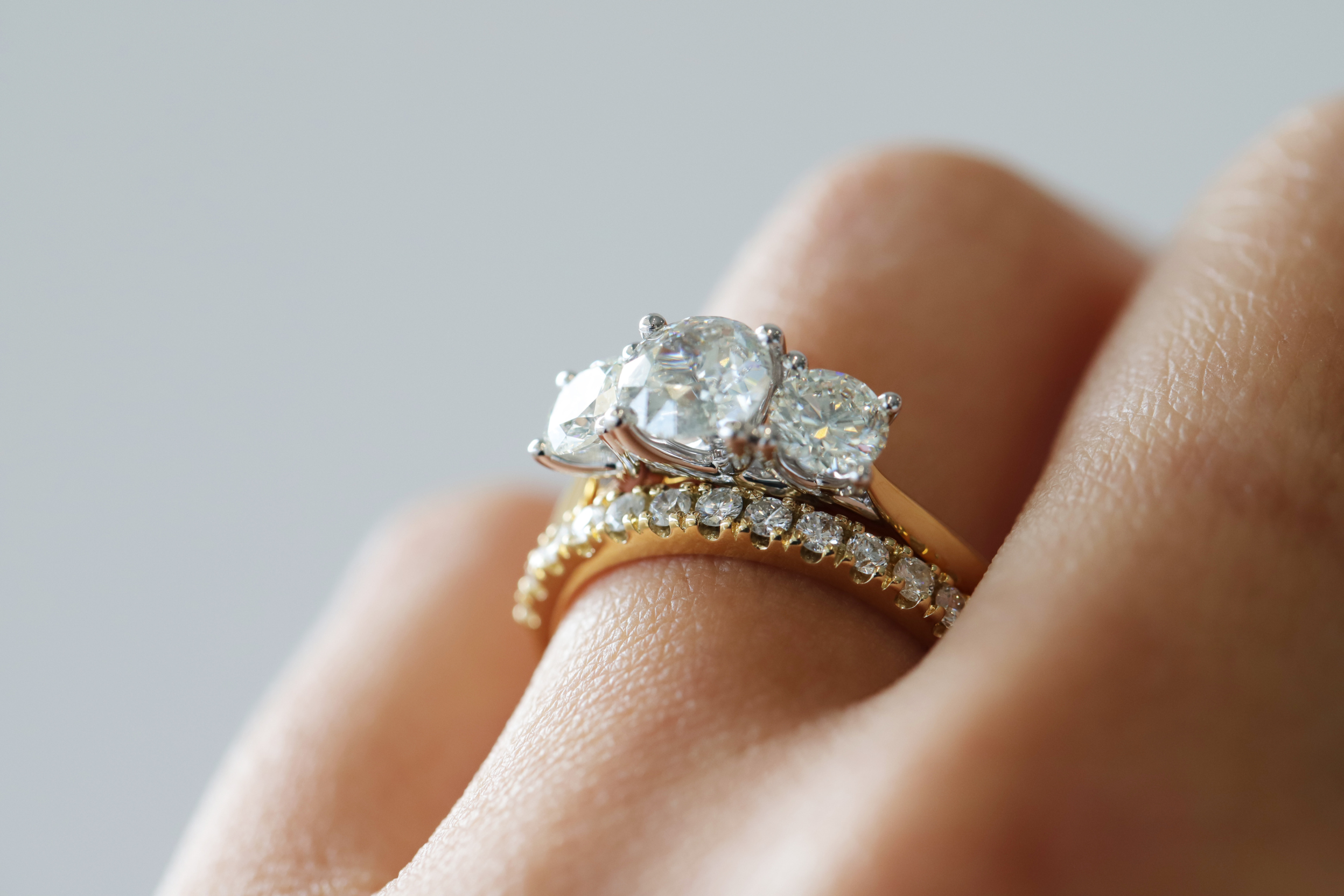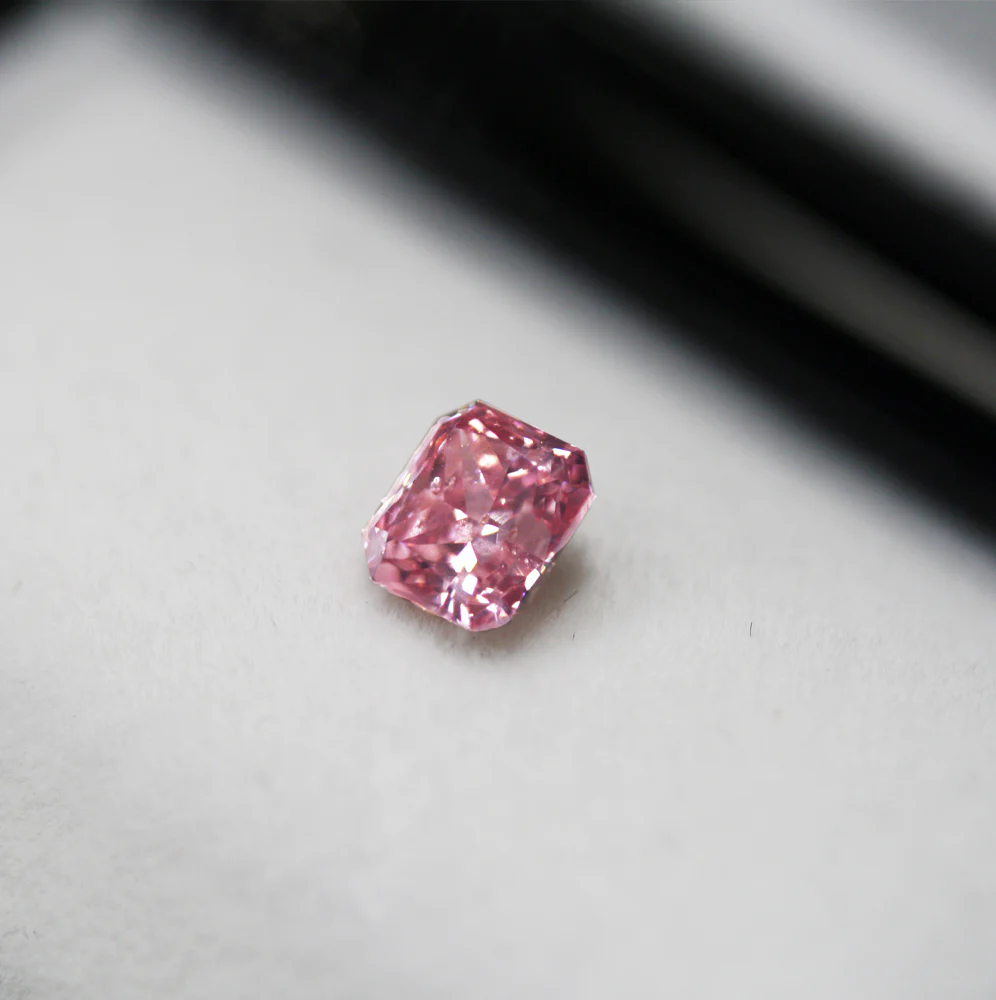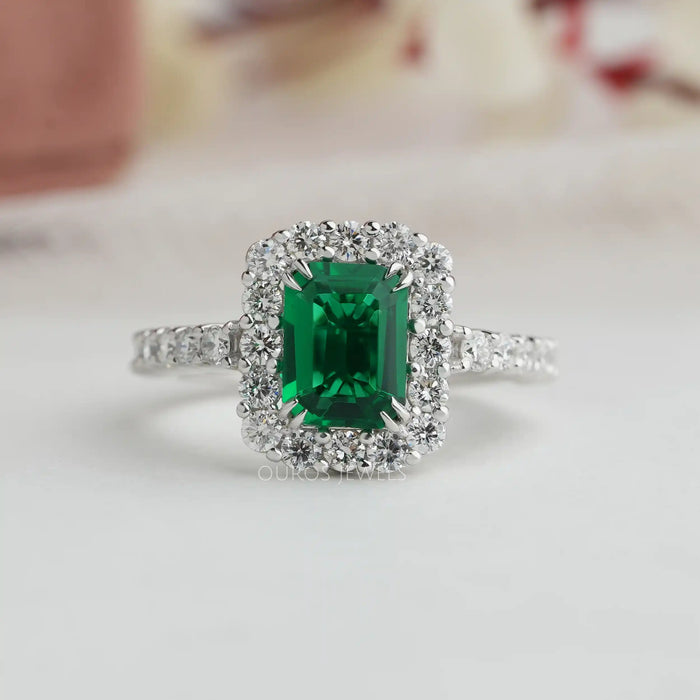When purchasing a diamond, understanding the grading and certification process is crucial. Two of the most recognized and respected diamond grading organizations in the industry are the Gemological Institute of America (GIA) and the International Gemological Institute (IGI). These two institutions provide diamond certification services that help consumers understand the quality of their diamonds. However, there are several key differences between GIA and IGI that potential diamond buyers should be aware of. This article explores the main distinctions between GIA vs IGI to help you make an informed decision.
Table of Contents
What is Diamond Certification?
Before delving into GIA vs IGI specifically, it’s essential to understand what diamond certification is and why it matters. Diamond certification involves a professional gemological analysis that assesses a diamond’s characteristics, commonly known as the 4Cs: Carat, Cut, Color, and Clarity. A certification report, or grading report, provides a detailed analysis of these attributes, helping buyers understand a diamond’s value and quality. When choosing between GIA vs IGI certification, it’s crucial to consider the type of grading you trust, as well as the industry reputation of each organization.
GIA: A Benchmark in Diamond Certification
The Gemological Institute of America (GIA) is widely regarded as a benchmark in the diamond industry. Founded in 1931, GIA introduced the 4Cs of diamond grading and established the first standardized grading system, which has become the foundation for diamond evaluation worldwide. When comparing GIA vs IGI, GIA is often considered more stringent and conservative in its grading criteria. This reputation has made GIA the preferred choice for high-value diamonds and those seeking a more reliable, industry-standard evaluation.
With GIA certification, diamond buyers can be confident that the grading represents a meticulous and consistent analysis. GIA does not buy, sell, or trade diamonds, which reinforces its status as an unbiased and objective institution. In GIA vs IGI comparisons, GIA typically garners more trust from both jewelers and consumers because of its established credibility and strict adherence to its grading standards.
IGI: A Global Presence in Diamond Certification
The International Gemological Institute (IGI) was founded in 1975 and has become a prominent player in the global diamond certification market, especially for diamonds sold in Europe and Asia. IGI is known for offering certification services for a broader range of jewelry items, including lab-grown diamonds and other gemstones, making it a versatile choice for both consumers and jewelers. When looking at GIA vs IGI, it’s clear that IGI has built a reputation for accessibility and customer service, with a more extensive network of locations and a faster turnaround time for certification reports.
However, one notable distinction in the GIA vs IGI debate is IGI’s grading standards. IGI tends to be viewed as somewhat less strict than GIA in its grading assessments. This perceived leniency has led some in the industry to view IGI certification as less conservative compared to GIA. Yet, IGI offers reliable and consistent grading that many consumers find satisfactory, particularly for lab created diamonds under one carat or lab-created stones.
Differences in Grading Standards: GIA vs IGI
One of the most significant factors when comparing GIA vs IGI is their respective grading standards. GIA is recognized for its rigor and precision, making it a choice for high-value and high-quality diamonds. On the other hand, IGI may assign higher grades to certain diamonds than GIA would, especially regarding color and clarity. This difference can affect a diamond’s market value and appeal, as GIA-certified diamonds may appear less pristine on paper but hold a higher resale value due to GIA’s reputation for strict grading.
For example, a diamond graded as “VS1” clarity by GIA might receive an “IF” (Internally Flawless) grade from IGI, reflecting a slight difference in strictness. For buyers choosing between GIA vs IGI, understanding these nuances is essential. Some consumers prefer IGI’s less stringent approach, especially for diamonds that do not necessarily need a GIA-level certification.
Market Value and Resale: Choosing Between GIA vs IGI
Market value and resale potential are also important considerations in the GIA vs IGI decision. GIA-certified diamonds tend to retain their value more effectively because of GIA’s long-standing reputation for accuracy and reliability. Jewelers and resale platforms often prefer GIA certificates as they are widely recognized and trusted. Consequently, a GIA-certified diamond may fetch a higher resale price than an IGI-certified diamond, even if the IGI stone appears to have higher grades in terms of clarity or color.
However, IGI certification may still be a practical choice for those seeking affordable diamond options, as IGI-certified diamonds are often priced lower than their GIA-certified counterparts. This is especially relevant for engagement ring buyers looking to maximize quality while staying within a budget. In GIA vs IGI comparisons, buyers may find IGI offers an attractive balance of quality and affordability for mid-range diamonds.
Lab-Grown Diamonds: GIA vs IGI Considerations
When it comes to lab-grown diamonds, the GIA vs IGI discussion takes on additional nuances. Although GIA certifies lab-grown diamonds, IGI has become the preferred certifier for these stones due to its accessible pricing and quicker certification process. IGI has extensive experience with lab-grown diamonds and is recognized for offering more detailed reports that appeal to buyers interested in ethically sourced, affordable options. GIA has historically been more conservative with lab-grown diamond grading, often emphasizing that these diamonds are different from natural stones.
For consumers, understanding these differences between GIA vs IGI for lab-grown diamonds is essential. IGI’s accessible approach makes it popular for buyers focused on sustainability and budget, while GIA certification may appeal to those who prioritize the prestige associated with natural diamonds.
GIA vs IGI: Which Certification is Right for You?
The choice between GIA vs IGI depends largely on your preferences and budget. GIA is widely trusted for its strict standards, which can assure buyers of their diamond’s value and resale potential. On the other hand, IGI offers a more budget-friendly, accessible certification option that serves a broader market, particularly for buyers seeking lab-grown diamonds or jewelry pieces.
If you are interested in high-end diamonds or prioritizing long-term value retention, GIA certification may be your best choice. Conversely, if you are looking for a cost-effective diamond with reasonable grading reliability, IGI may meet your needs. The GIA vs IGI choice ultimately reflects your priorities as a buyer, whether they are strict quality control, affordability, or ethical sourcing.
Conclusion: Making an Informed Decision on GIA vs IGI
In the end, understanding GIA vs IGI differences can significantly impact your diamond purchase. GIA’s strict grading and well-established reputation make it ideal for high-value diamonds, while IGI’s accessible approach suits a wider range of diamond products, including lab-grown options. Each organization offers unique advantages, and your decision should align with your specific needs, budget, and values. By carefully considering these aspects of GIA vs IGI, you can select the certification that best suits your diamond-buying journey.


